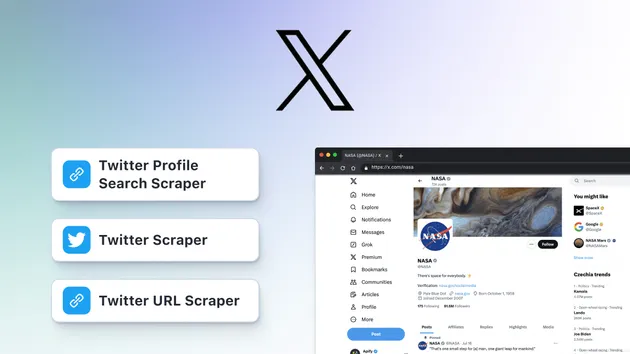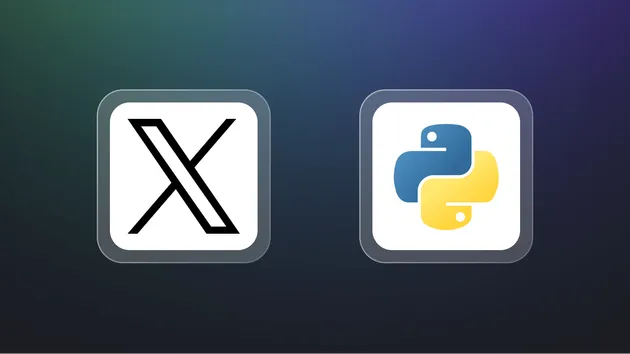Twitter Reply Scraper | $0.4/1K Tweets | Pay-Per Result | 2025
Pricing
$0.40 / 1,000 results
Twitter Reply Scraper | $0.4/1K Tweets | Pay-Per Result | 2025
Get 1,000 Twitter replies(comments) for just $0.40! 🚀 Instantly download Twitter replies and comments. Our tool provides precise and rapid data extraction, no coding required. Pay only for the data you need, and gain valuable insights for market analysis, sentiment monitoring, and more.
0.0 (0)
Pricing
$0.40 / 1,000 results
7
160
42
Issues response
0.61 hours
Last modified
2 days ago




